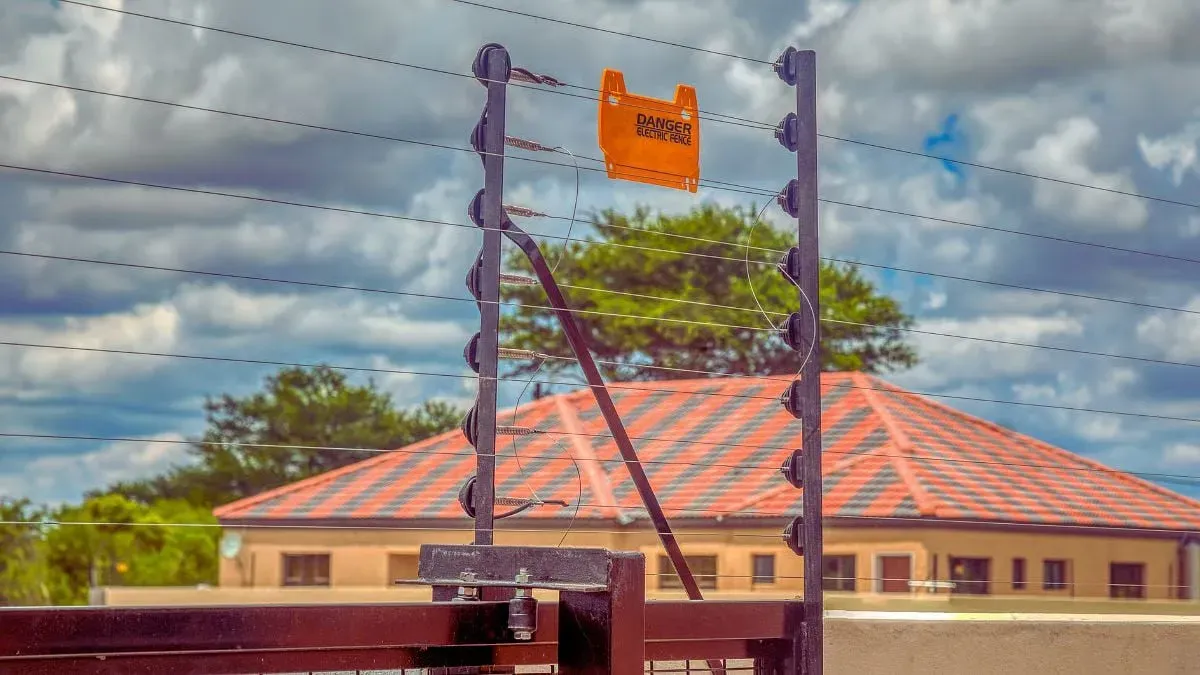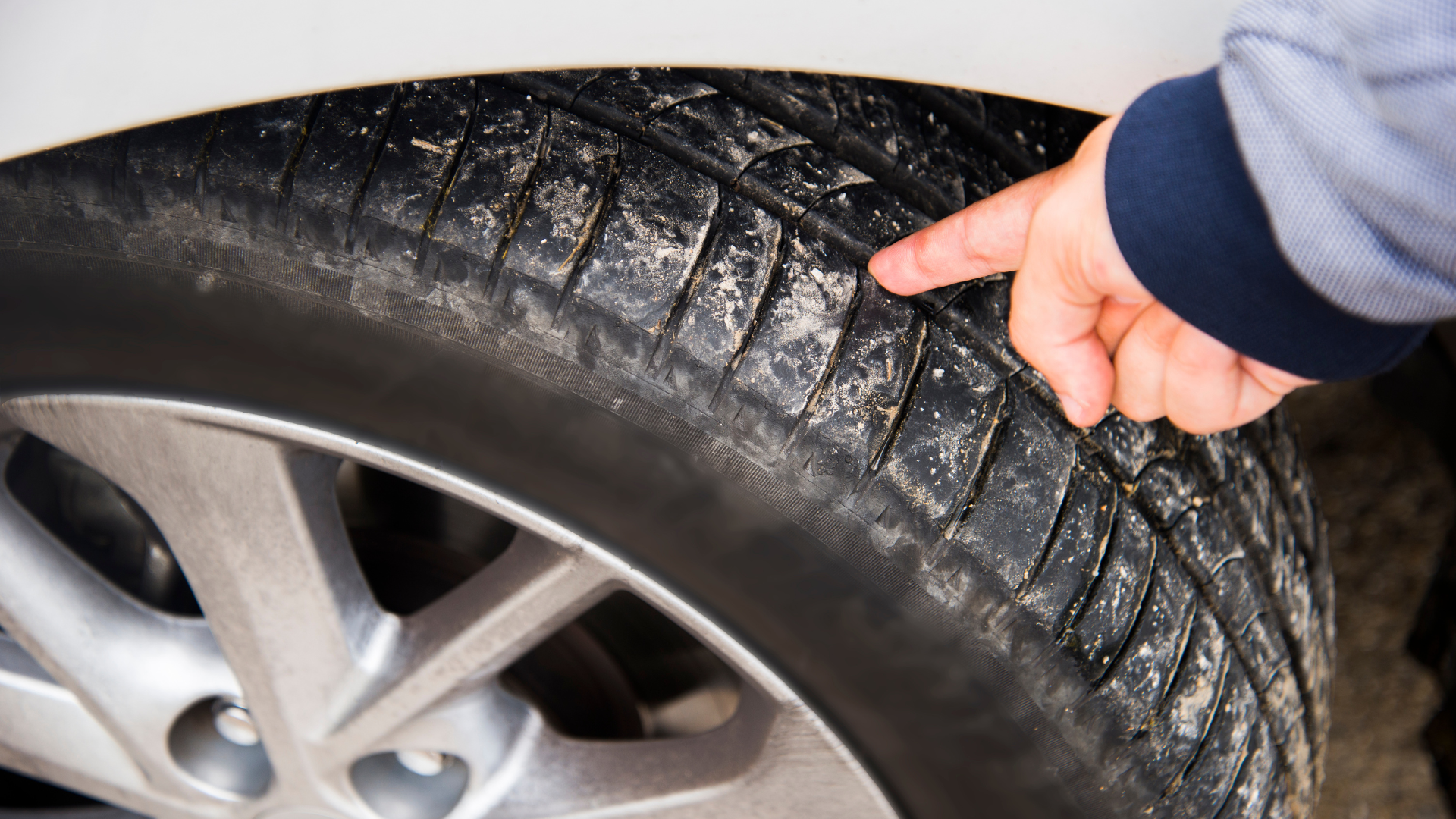Eskom’s new tactic to come after rooftop solar users in South Africa
Eskom has recently confirmed it will use satellite technology to target non-compliant solar systems, and homeowners are warned to ensure their systems are properly registered.
In May, Eskom noted that it would use satellite imagery to scan the country to identify unregistered Small-Scale Embedded Generation (SSEG) systems.
The technology uses geographic mapping tools and satellite imagery to spot solar installations in municipal supply zones and cross-reference them against registration databases.
Because solar panels must face the sun, they are easily visible to satellites capturing ground images, making this method particularly effective.
Rein Snoeck Henkemans, CEO of Alumo Energy, has warned solar users that this signals Eskom and municipalities are ramping up enforcement on unregistered systems.
“Eskom and the government are tightening the enforcement of regulations on rooftop solar. It’s part of a national compliance sweep that could result in thousands of fines being issued nationwide,” he told BusinessTech.
Those who rushed to install solar systems during load-shedding must now ensure their systems are registered and compliant. Failure to do so could lead to disconnection or retroactive use-of-system charges.
To facilitate compliance, Eskom has waived all SSEG registration fees until the end of March 2026.
However, this doesn’t mean homeowners can ignore the rules. Alumo Energy has urged all solar users to conduct three simple checks to stay on the right side of the law and avoid costly problems.
To determine if your system needs registration, check if it’s under 100kW and connected to Eskom or municipal infrastructure, as these must be registered with NERSA.
“Typically, systems exceeding 100kW need a full license unless they qualify for an exemption,” said Snoeck Henkemans.
He also warned that a declaration that your inverter runs in total isolation won’t hold up if an audit shows you export a few stray kilowatts during the day.
“Grid-tied software must be locked, and the installer must program a zero-export cap if the homeowner is not licensed to push power back.”
Act while you still can

Rein Snoeck Henkemans, CEO of Alumo Energy.
Snoeck Henkeman stressed that there is no benefit to delaying registration, especially while fees are suspended.
“NERSA still requires a professional engineer’s sign-off, but that cost is insignificant compared to a forced shutdown or damaged inverter if a disconnection goes wrong.”
The second essential check is obtaining a valid Certificate of Compliance (CoC) for the solar installation.
This document certifies that the system meets South African National Standards (SANS) 10142-1 and adheres to the Occupational Health and Safety Act.
“No CoC means no legal grid connection and, crucially, no insurance payout if lightning destroys a pricey battery bank,” Snoeck Henkemans explained.
The certificate is also required for property transfers, and banks may refuse to approve a bond if it’s missing.
The next step is to ensure that the solar installer is properly registered. Only electrical contractors certified by the Department of Employment and Labour may legally install solar systems.
While not legally required, membership in the Electrical Contractors Association of South Africa (ECASA) offers additional peace of mind.
“Best practice is to ask to see the contractor’s registration card, then phone the nearest ECA or Department of Labour office to confirm its validity,” said Snoeck Henkemans.
“A five-minute call can save you a substantial rewiring bill when your municipality demands recertification.” Unfortunately, not all installers meet these standards.
Alumo Energy’s engineers sometimes encounter systems where critical components are installed incorrectly.
For example, Snoeck Henkemans said that DC isolators are exposed to direct sunlight or improperly sized cabling, due to poor workmanship or cost-cutting by unqualified installers.
“A common challenge in the solar industry is what we call ‘bakkie-brigade’ installers. They often lack the proper qualifications and accreditation and tend to cut corners or make mistakes due to inexperience,” he added.
“Luckily, they are not the norm, and more credible installers like Alumo Energy are easy to find.”
It is important to note that grid-tied solar owners supplied by municipalities are not required to register their installation with Eskom.
Solar owners whose municipalities supply electricity will need to check whether their municipality requires them to register their installation.



